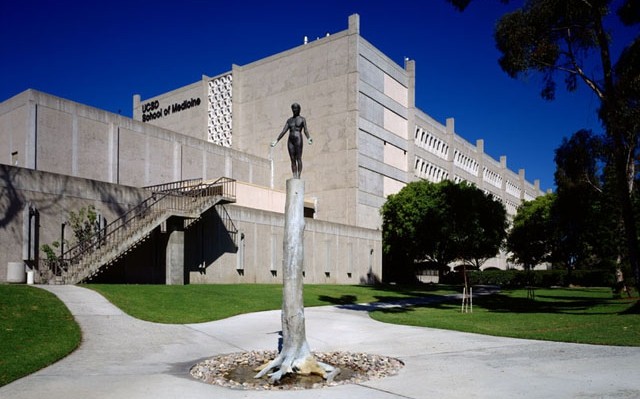LA JOLLA, Calif. – At the University of California, San Diego this week, the Center for Medicinal Cannabis Research (CMCR) announced it has received a $4.7 million grant to study cannabidiol, or CBD, treatment for its potential affect on those with autism.
The gift was bestowed by the Ray and Tye Noorda Foundation and is the largest private donation toward cannabis-related research in the United States, to date. The Noorda Foundation presented the award after a recommendation and in partnership with the Wholistic Research and Education Foundation.
“The groundbreaking study spans clinical, basic science, advanced mathematics, and genetic techniques across the same cohort of patients, offering a comprehensive and systematic exploration of CBD efficacy on autism,” said CMCR in a press release.
“UC San Diego is pleased to partner with the Noorda and Wholistic foundations to advance understanding of when and how medicinal cannabis works, and to use this information to transform the lives of the many people for whom medicinal cannabis may make a meaningful difference in their quality of life,” David A. Brenner, MD, vice chancellor of UCSD Health Sciences detailed. “We believe that by working together using evidence-based data, we can make the greatest impact on the field, our community and policy decision-makers.”
As well as advocating for increased access to information and education about medicinal CBD, California-based nonprofit Wholistic Research and Education Foundation funds medical and clinical research into cannabidiol-based therapies.
“Given numerous anecdotal reports from parents suggesting CBD may be improving their child’s functioning, we are thrilled to partner with UC San Diego to understand under what circumstances CBD may be effective for autism, and why it seems to help certain individuals and not others”, said Pelin Thorogood, president and co-founder of Wholistic Research and Education Foundation. “This is especially exciting since the multi-disciplinary approach employed by UC San Diego, combining clinical, basic and translational data across the same group of children, has the best chance of helping us understand the role of the endocannabinoid system in the treatment of autism.”
CRMC is affiliated with UCSD’s School of Medicine. Doris Trauner, MD, a professor in the departments of Pediatrics and Neurosciences at the school will lead the clinical study. Basic and translational research will be headed by Gabriel A. Silva, PhD, professor of bioengineering in the UCSD Jacobs School of Engineering and professor of neurosciences, and Alysson Muotri, PhD, professor in the UCSD School of Medicine departments of Pediatrics and Cellular and Molecular Medicine.
CBD oil therapy, which has long been shown to have benefits for those suffering the effects of chemotherapy and cancer and, more recently, several forms of severe pediatric epilepsy, is now also being explored for its potential benefits for patients with severe forms of autism.
“The more severe manifestations of autism are difficult to treat, causing parents to look for non-traditional remedies,” said Igor Grant, MD, professor of psychiatry and CMCR director. “There are unconfirmed reports that cannabidiol could be helpful, but there are no careful studies to document either its benefits or its safety. This gift will enable our researchers to develop and implement a translational program of research that pairs a clinical trial with detailed neurobehavioral observation, as well as basic science studies to determine if cannabidiol holds therapeutic promise, and if so, via what mechanisms.”











